SUMMARY
This is AI generated summarization, which may have errors. For context, always refer to the full article.
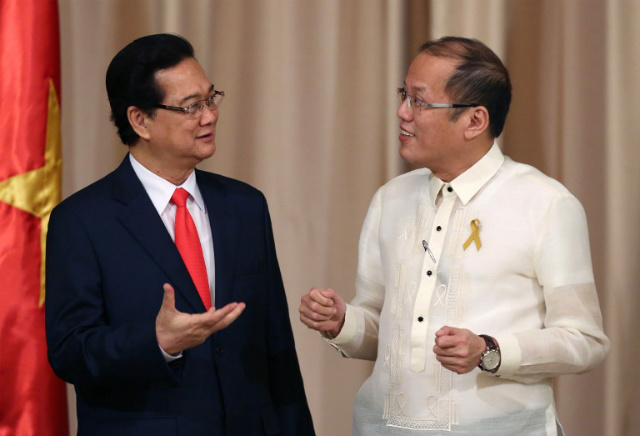
MANILA, Philippines – To keep peace and stability in the South China Sea, the Philippines and Vietnam can share marine resources in the disputed waters, the Vietnamese ambassador told Rappler as tensions rise between Hanoi and Beijing.
Vietnamese Ambassador to the Philippines Truong Trieu Duong, however, said the same idea will not work with China.
“From my own point of view, I think that we can share and we can put aside differences, and we can jointly cooperate with each other to explore it,” Duong said weeks after China allegedly attacked Vietnamese vessels in the South China Sea and injured 6.
The 58-year-old ambassador explained that overlapping claims between the Philippines and Vietnam, after all, involve only “some small areas.” China, on the other hand, is claiming virtually the entire South China Sea – parts of which the Philippines claims as the West Philippine Sea, and as for Vietnam, the East Sea.
“The Philippines and Vietnam, we have some small areas. It’s different. But for China, if we put differences aside and jointly cooperate with each other, like it or not, well, and in fact, it’s just like recognizing China’s claim – just like recognizing China’s claim because China is claiming the whole sea,” Duong said.
“So we’ll fall into the trap of China,” he said.
‘That goodwill evaporated’
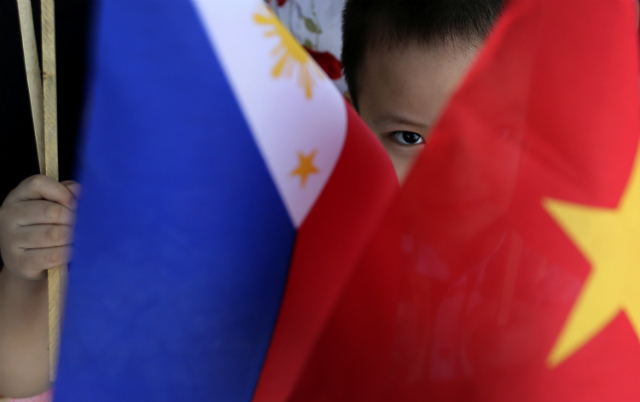
China has pushed for the joint exploration of the disputed waters – but always under the premise that it exercises indisputable sovereignty over the South China Sea.
In 2005, Vietnam joined the Philippines and China in an agreement to jointly explore the disputed waters. The Joint Marine Seismic Undertaking expired in 2008 without the government extending it, however, in the face of public criticism. (READ: SC asked: Void expired PH-China offshore oil exploration pact)
In 2013, Vietnam and China again “agreed to establish a maritime work group for joint development at sea,” the Voice of America (VOA) reported. Duong Danh Dy, former Vietnamese consul general to Guangzhou, China, however dismissed this agreement as “just diplomatic rhetoric.”
“Vietnamese and Chinese interests over the South China Sea are like fire and water. Both countries claim sovereignty over the disputed islands in the area. The Chinese government has a long-term expansionist goal and it is willing to wait for an opportunity in 10, 20, 30, or even 100 years. It would not give up the South China Sea unless China is weakened,” the diplomat said, according to VOA.
The New York Times also noted Vietnam and China’s announcement in 2013 “that they would try to find ways to jointly develop oil and gas fields.” “That goodwill evaporated,” however, because of the oil rig incident this year, the New York Times said.
Vietnam on Philippines: ‘We can talk’
For now, then, one of Vietnam’s best options is to boost ties with the Philippines as it did on Sunday, June 8, in a landmark act of sports diplomacy aimed to ease tensions in the South China Sea.
During his interview with Rappler, Duong explained that the Philippines and Vietnam “share a lot in common.” (Watch more in the video below)
He said the two countries, for one, belong to the same regional bloc – the Association of Southeast Asian Nations.
Both countries also signed the Declaration on the Conduct of Parties in the South China Sea, a key regional declaration in 2002 that upholds “self-restraint” in activities that will worsen the sea disputes.
“The Philippines and Vietnam, we are kind of a peaceful people. And we do not want to overpower one another, so we can talk. We can talk,” he said.
In contrast, he said: “China does not want to talk. It resorts to…some kind of forceful measures, in defiance of international law.”
When asked if Vietnam is considering filing a case against the Philippines over the South China Sea, Duong said: “No. Never. That would be unthinkable – because between the Philippines and Vietnam, we are now having…very good relations…. And it’s not worth fighting when we can still solve everything peacefully.”
The most important thing he wants to stress, Duong said, is that the Philippines and Vietnam should “stand united” so they could “win.”
“We are on the same side.” – Rappler.com
Add a comment
How does this make you feel?

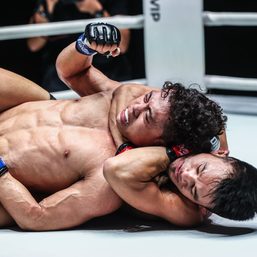



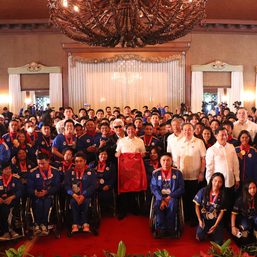



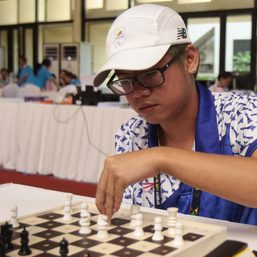
There are no comments yet. Add your comment to start the conversation.